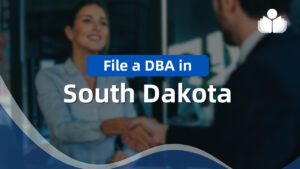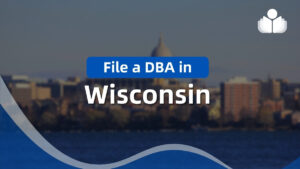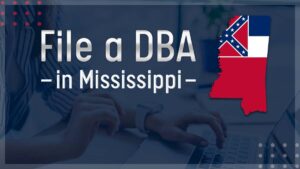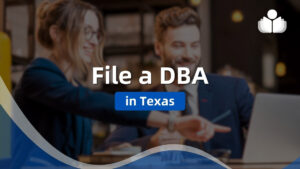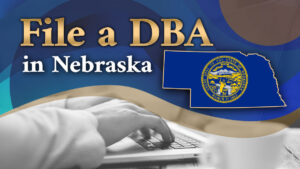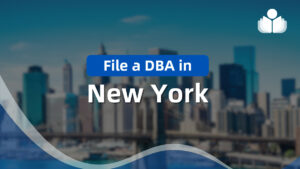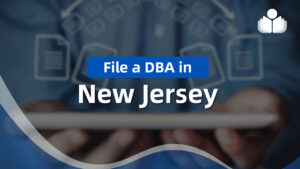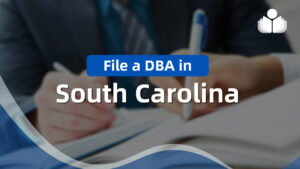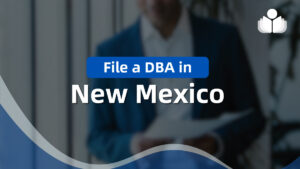The issues surrounding Goldman Sachs highlight many of challenges facing the business ethics industry. There has been a public furor over the integrity of certain industries, such as finance, even though the leaders of those companies can state categorically that they acted legally, and ethically, within the guidelines they have worked within for some time.
However, our common sense notions of what is ethical and what is fair are determined by social norms. What then are the responsibilities of leaders in firms, and in industries whose ethics have been challenged, to acknowledge changes in how our society perceives them? Is it better to batten down the hatches and wait out the storm, or to develop the means to engage in an effective dialogue with these external stakeholders to maintain trust?
Much of the furor over Goldman Sachs rests in our collective ambivalence over Wall Street itself. Is there something inherently unethical about the entire trading industry?
The Senate hearings highlighted a mismatch in how Wall Street sees itself and how it is seen. Goldman’s witnesses said a market maker—someone who matches buyers and sellers—has an obligation to describe accurately the product being traded, but needn’t disclose his own position. Are we surprised that a trader can take the stand and simply say that we were doing what we’ve always been doing?
Maybe they have, and it’s us that are changing our expectations?
Does the nature of the federal bail-out change our definition of what is ethical?
While it may sound trite at first, this gets to the heart of the perceptions of trust and the commitments that were broken. Big boys on Wall Street can do what they have been doing for 200 years. Caveat Emptor.
But when Wall Street is financed by Main Street, new relationships are formed. Firms now have new sets of stakeholders, and they are required, if not by law, then by social convention, to maintain a relationship based on trust.
Trust requires a whole set of expectations that run counter to the caveat emptor trader culture: predictability, looking out for the other person’s interest, etc. It’s when these values clash with our independence and freedom values that drive our entrepreneurial trader side that we see the fireworks.
 Sections of this topic
Sections of this topic


